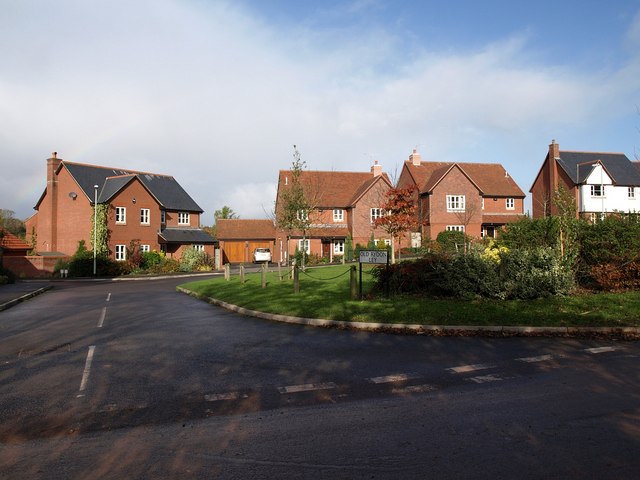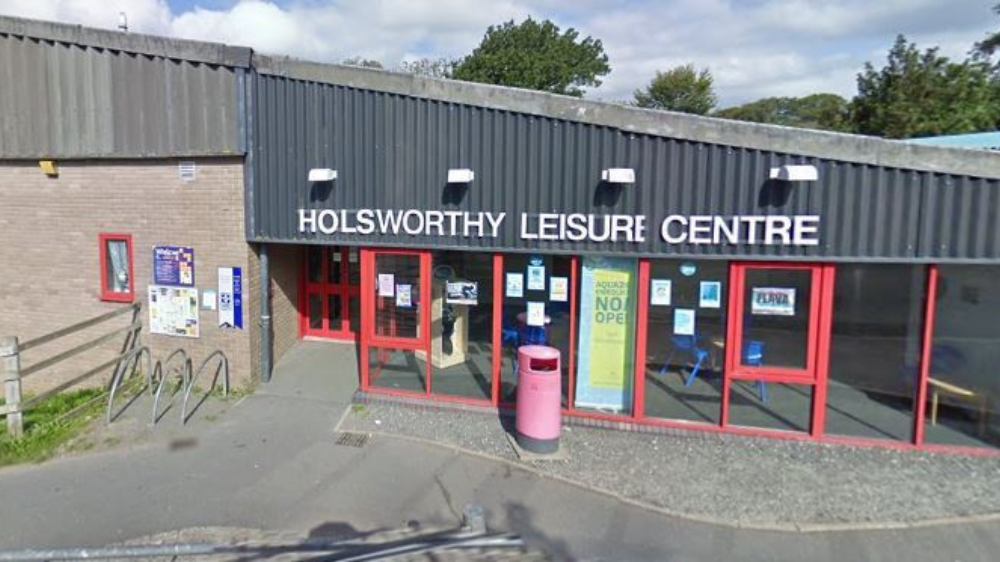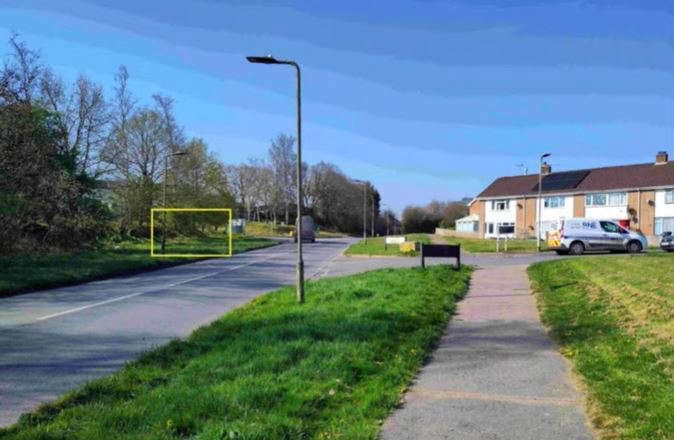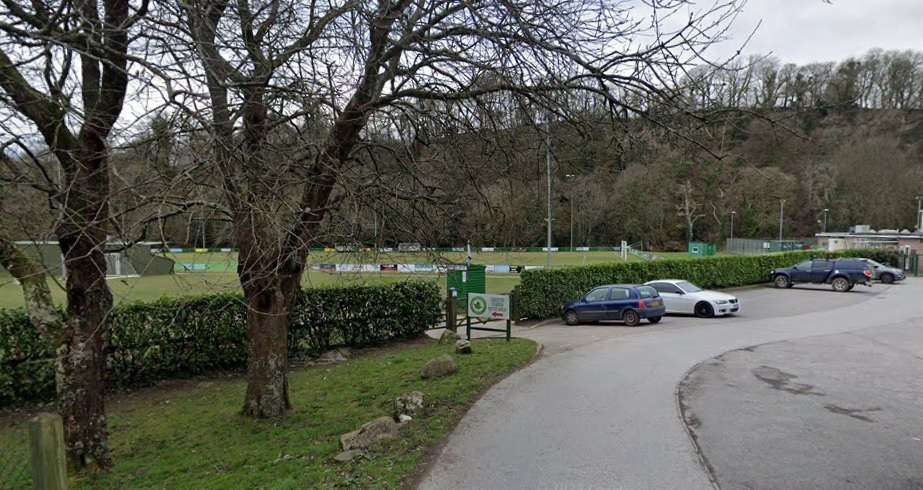
Task force chair wants radical action
Devon will need to go further in tackling its housing challenges to make sure communities thrive, possibly even adopting radical policies to ban second homes.
That’s according to the chair of the Devon Housing Task Force, Cllr Mandy Ewings.
She leads a cross-party group of councillors across Devon’s 11 local authorities on the task force, set up in 2022 in response to the county’s housing crisis. Cllr Ewigns said problems are vast, not least with 11,000 second homes in the county, the rising number of empty homes and not enough affordable homes being built.
She hopes a new report by the Devon Housing Commission, due to be published in July, will trigger improvements.
The commission, set up by the task force, is made up of experts, parliamentarians, councillors and academics from the University of Exeter. It has been tasked with making a strong case to present to the government on how to approach the many housing issues, including homelessness.
The commission is lobbying the government for measures to control the growth of short-term lettings because it is claimed they lead to a shortage of homes for local people.
The commission believes switching from long-term to short-term lets is a key reason for the fall of 50 per cent in private lettings across the county, and by as much as 67 per cent in North Devon alone between 2019 and 2021.
The short-term lettings phenomenon is also affecting would-be homeowners, where landlords purchasing properties for short-term letting are pricing out local first-time buyers, it said.
Cllr Ewings (Ind, Tavistock South West), leader of West Devon Borough Council, said the county needs to get tougher on second-home ownership.
Along with many other local authorities in the county, West Devon is doubling council tax on second homes from April next year,
It wants the additional money raised ring-fenced to address housing challenges in the area, including building more homes that are affordable for local residents.
The move is expected to lead to some second homeowners selling properties, renting them out, or making them their main residence.
Cllr Ewings said she believed if people could afford to buy second homes, hitting their pocket with a 100 per cent increase in council tax was not likely to have much effect.
“I just don’t think people should come here with their Citybank bonuses and spend it on a property,” she said.
“We are communities, we need to be able to live as communities and at the moment it is so so difficult for families to be able to find a home. They want their lives to be in the same spot rather than packing their bags every six months to move somewhere else.
“One in five properties in Salcombe is a second home. Even in West Devon, one in 12 properties is a second home. It is affecting us all in one way or another.”
Salcombe had the most expensive seaside homes in the UK last year with the average cost of a property being £1.2 million.
“Developers say they will build in Salcombe, the £1 million houses that is, and tell us they will give us the money to deliver affordable homes elsewhere. They don’t want to build them in Salcombe.
“That is not morally right, it’s creating an artificial community, an artificial place… It has as all the yachts bobbing in the sea, but there are no local people on the ground to keep that town alive.”
Cllr Ewings continued: “I would like to hope we can go further to protect our communities. We could always join the St Ives policy, where no newbuilds can be second homes and the homes can only be bought or rented by people who have a very strong connection with the town.”
She added that £8 million for homes if the government approves devolution for Devon and Torbay could potentially attract more money from Homes England to be used “where it is needed the most”. The Devon Housing Task Force would “have a voice” in how this money was distributed.
Other ideas includ landowners being encouraged to “do deals” with councils to give over parts of their fields for affordable homes on the basis that they could build some open market housing.
More community lands trusts, which are democratic, non-profit organisations that own and develop land for the community, would be encouraged, and planning policies looked into to see how best they could allow more local needs homes in the countryside, she added.
Cllr Ewings said councils should stand strong against developers who often ask for the number of affordable homes to be reduced because of viability issues. She added: “We understand that developers need to make profits but they don’t need to make such vast profits on occasions. If it is not viable, don’t do it, that’s my personal view.”
 Torridge taxpayers safe from leisure collapse
Torridge taxpayers safe from leisure collapse
 West Devon planners say no to net-zero plans
West Devon planners say no to net-zero plans
 East Devon theatre needs your help
East Devon theatre needs your help
 Ivybridge football project given go ahead
Ivybridge football project given go ahead
 Farage condemns Devon's 'woke' Tories
Farage condemns Devon's 'woke' Tories
